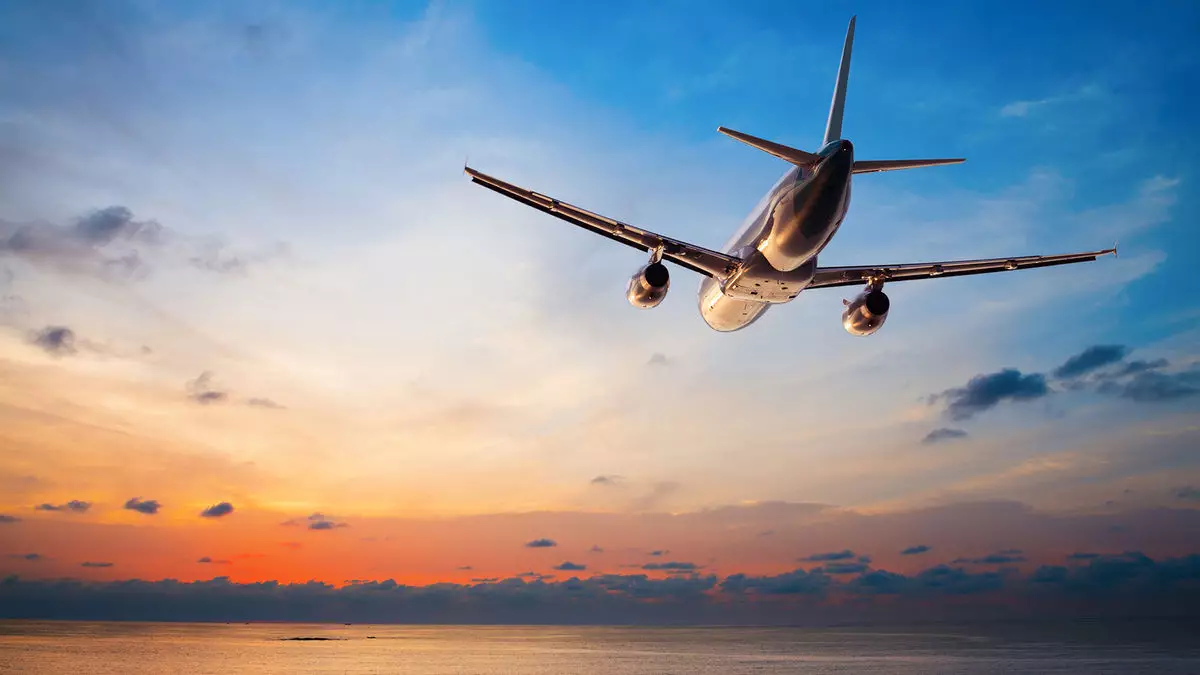When airline executives from around the world gathered at IATA’s Annual General Meeting in Istanbul last year, supply chain constraints were identified as a major concern. Fast forward to this year’s meeting, and industry leaders are still grappling with the same issues. IATA Director General Willie Walsh acknowledged that although the situation hasn’t worsened, there has been little improvement in the past year.
One of the primary concerns related to supply chain issues is the delay in aircraft deliveries. IATA anticipates a total of 38.7 million commercial flights worldwide in 2024, which is 1.4 million fewer than previously estimated. This decline is attributed to delays in aircraft deliveries, with 1,583 deliveries scheduled for this year, representing an 11% decrease from previous projections.
Engine and Parts Shortages
In addition to aircraft delivery delays, the airline industry is facing challenges related to engine shortages. New-generation engines from manufacturers such as GE and Pratt & Whitney have proven to be less reliable, leading to increased repair workloads and strains on the spare parts market. The extended use of existing aircraft due to delivery delays has also put pressure on maintenance shops and the availability of spare parts.
Uncertainty in the Market
Industry insiders are divided on whether the supply shortage will ease first for engines or airframes. While some believe that there may be progress in resolving engine challenges, the availability of airframes remains a significant issue. United CEO Scott Kirby expressed cautious optimism, stating that while the industry has acknowledged the problems, tangible improvements are yet to be seen. In contrast, Lufthansa Group CEO Carsten Spohr offered a more pessimistic view, emphasizing that supply chain issues are likely to persist for an extended period.
As the airline industry continues to navigate supply chain challenges, there is a consensus among industry leaders that acknowledging the issues is the first step towards finding solutions. While there are differing opinions on the timeline for improvement, it is clear that addressing supply chain constraints is crucial for the long-term sustainability of the aviation sector. By working collaboratively with manufacturers and industry stakeholders, airlines can strive towards a more efficient and resilient supply chain infrastructure.

